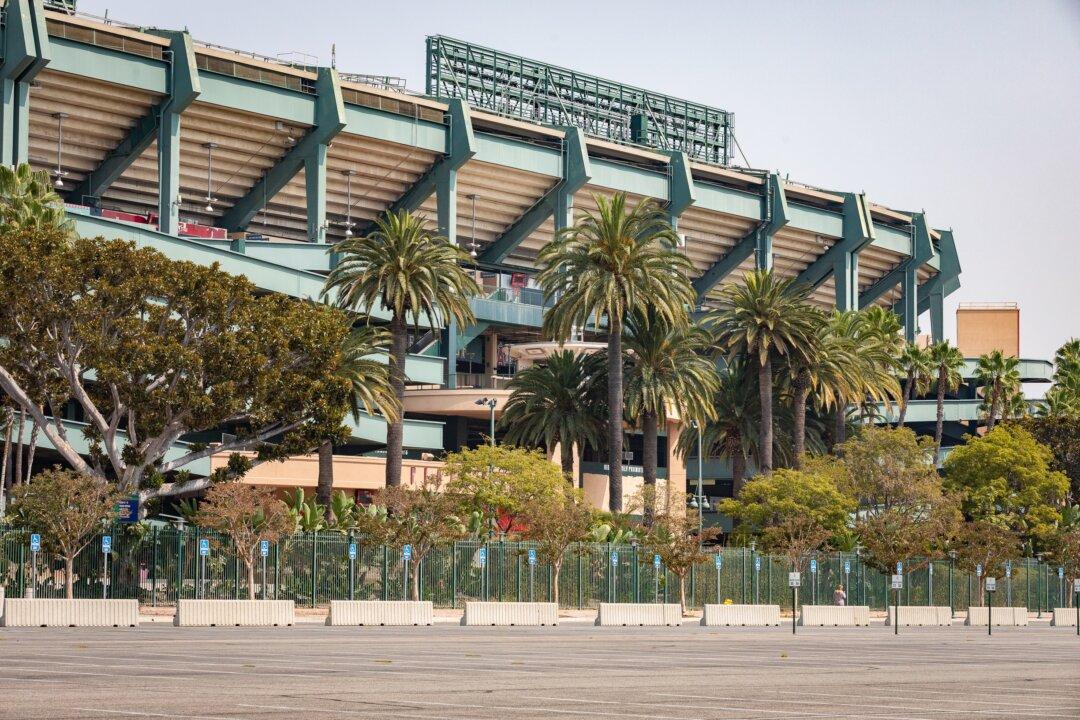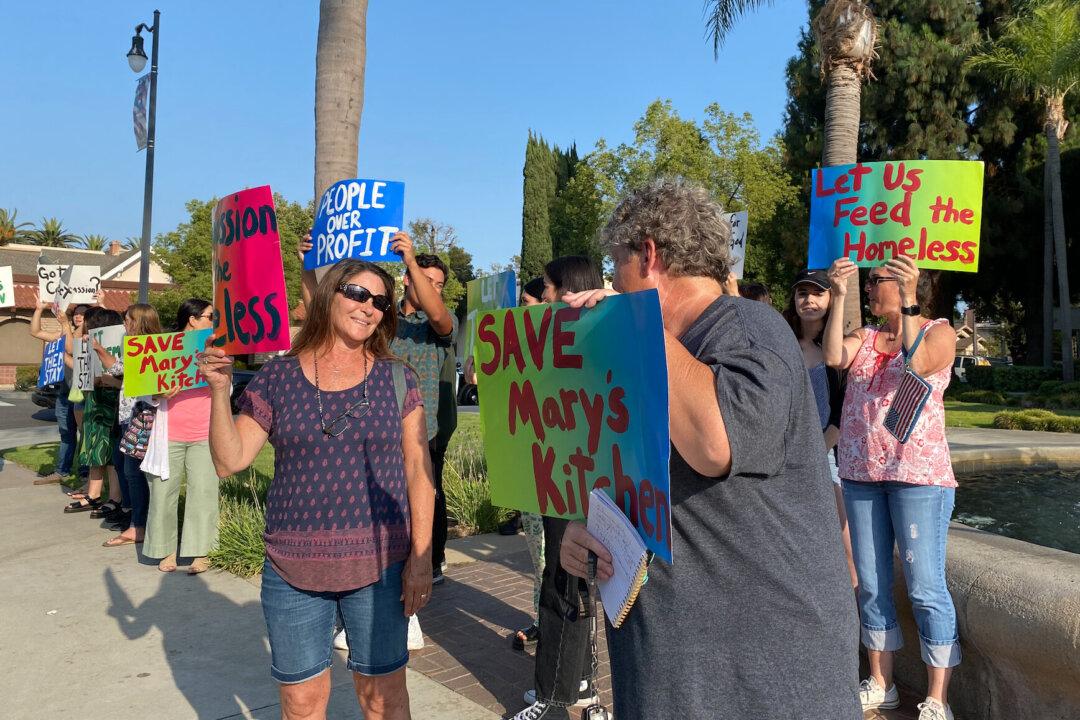It’s official: The city of Anaheim, California, has sold Angel Stadium and 153 acres of surrounding land to SRB Management.
In a 5-2 vote on Oct. 6, the Anaheim City Council finalized its approval of the landmark deal after a second reading of the Disposition and Development Agreement and Zoning Code Amendment.





